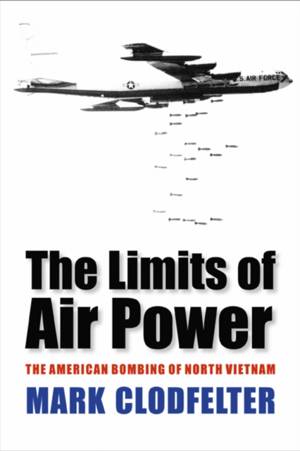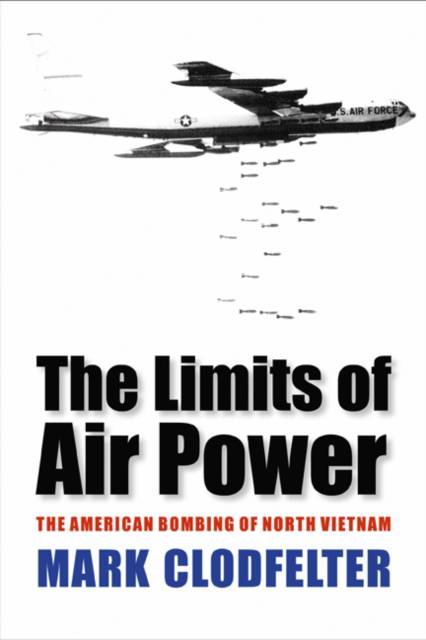
- Afhalen na 1 uur in een winkel met voorraad
- Gratis thuislevering in België vanaf € 30
- Ruim aanbod met 7 miljoen producten
- Afhalen na 1 uur in een winkel met voorraad
- Gratis thuislevering in België vanaf € 30
- Ruim aanbod met 7 miljoen producten
Zoeken
€ 27,95
+ 55 punten
Omschrijving
Tracing the use of air power in World War II and the Korean War, Mark Clodfelter explains how U. S. Air Force doctrine evolved through the American experience in these conventional wars only to be thwarted in the context of a limited guerrilla struggle in Vietnam. Although a faith in bombing's sheer destructive power led air commanders to believe that extensive air assaults could win the war at any time, the Vietnam experience instead showed how even intense aerial attacks may not achieve military or political objectives in a limited war. Based on findings from previously classified documents in presidential libraries and air force archives as well as on interviews with civilian and military decision makers, The Limits of Air Power argues that reliance on air campaigns as a primary instrument of warfare could not have produced lasting victory in Vietnam. This Bison Books edition includes a new chapter that provides a framework for evaluating air power effectiveness in future conflicts. Mark Clodfelter is a professor of military history at the National War College in Washington, DC.
Specificaties
Betrokkenen
- Auteur(s):
- Uitgeverij:
Inhoud
- Aantal bladzijden:
- 312
- Taal:
- Engels
Eigenschappen
- Productcode (EAN):
- 9780803264540
- Verschijningsdatum:
- 1/04/2006
- Uitvoering:
- Paperback
- Formaat:
- Trade paperback (VS)
- Afmetingen:
- 150 mm x 224 mm
- Gewicht:
- 439 g

Alleen bij Standaard Boekhandel
+ 55 punten op je klantenkaart van Standaard Boekhandel
Beoordelingen
We publiceren alleen reviews die voldoen aan de voorwaarden voor reviews. Bekijk onze voorwaarden voor reviews.











